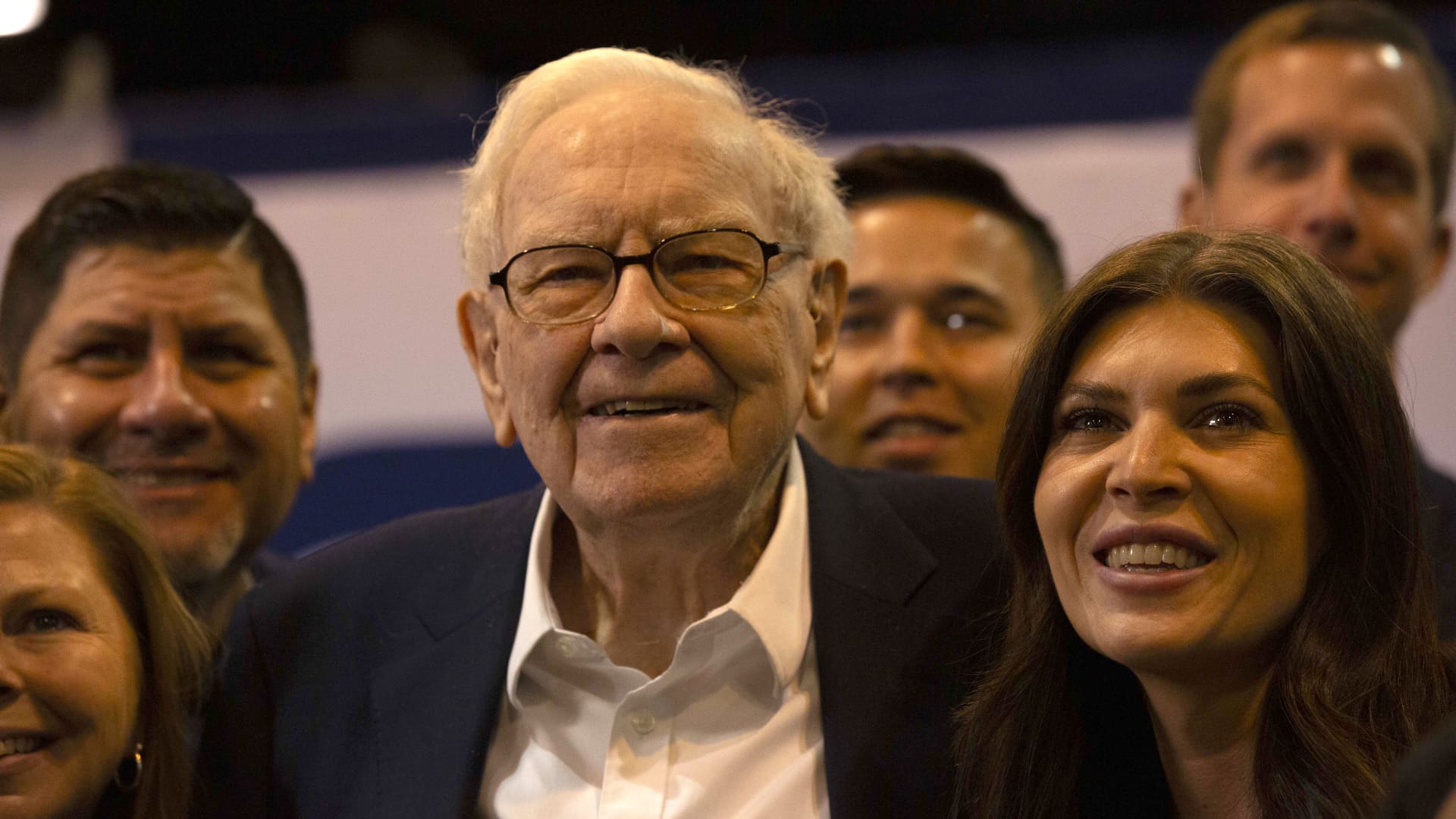Apple bear says he’s not shorting the stock just yet despite China concerns. Here’s why

Apple shares fell sharply last week on reports that China is restricting government employees from using iPhones and other Apple devices for work purposes. The reported restrictions in China, which accounts for around 20% of Apple’s revenue, have raised concerns among investors about potential damage to the iPhone maker’s business ahead of its “Wonderlust” new iPhone launch event on Tuesday. Why short Apple? Itau BBA analyst Thiago Kapulskis, a noted Apple bear, says the stock historically trades with a price-to-earnings (P/E) ratio — an important metric used by traders to gauge the value of stock — of around 19. However, the Covid-19 pandemic fueled purchases that brought forward demand for iPhones and pushed up the stock to trade at 27 times forward P/E. The Itau BBA analyst also noted that the iPhone maker has reported two consecutive quarters of declining total revenues and net earnings. Yet, its shares are up nearly 40% this year. This “hard-to-understand valuation” given the slowdown in growth is one reason to short the stock, according to Kapulskis, who expects shares to fall 9% from current levels toward a price target of $162. AAPL 1Y line Kapulskis also speculated that headwinds emanating from China could act as a catalyst for the sell-off. “In an attempt to quantify the impact on Apple, we arrived at two scenarios,” said Kapulskis in a note to clients on Sept. 7. “The first considers the restrictions so far, which affect only China’s public employees. We believe the impact on revenues would be modest, at less than 1%.” Kapulskis estimates China’s public sector has 59 million employees, 20% of which are iPhone users — or around 12 million iPhones. With an average iPhone sale price of $895 and an upgrade cycle of 4.4 years, he calculated the ban’s impact at $2.4 billion annually — under 1% of Apple’s projected 2023 revenue. The second scenario is more dire, speculating that negative sentiment could hurt Apple’s broader China sales, similar to past boycotts of brands like Nike . The American shoemaker was hit with a consumer boycott in 2021 after the company raised concerns about ” reports of forced labor ” in the Xinjiang region of China. “China’s boycott of foreign sportswear companies in 2021 hurt sales by 24%,” the Itau BBA note stated. “If the same happened to Apple, the impact would be ~5% of revenues.” Is it time to short now? However, despite the China worries, the Itau BBA analyst is holding off on shorting the stock for now. “We wouldn’t tactically short AAPL just yet, as the company has its ‘Wonderlust’ event next Tuesday [Sept. 12], when it is expected to unveil its new iPhone,” Kapulskis said. Apple is expected to launch its new iPhone 15, Apple Watch Series 9, an updated AirPods model, and an iPad mini 7. The trading days after the launch event have historically been volatile. Bank of America analysts caution that “shares may decline slightly after the event (sell on the news) but typically recover 30 days to 60 days post event.” However, Kapulskis suggested to CNBC’s “Street Signs Europe” Monday that institutional investors had turned negative on Apple’s shares and might trim any upside movement for the stock. “I have a perception that people are not willing to short the stock today, and more specifically, because of the iPhone launch – the most important event for the year for Apple. So there’s that,” Kapulskis said. “But I’ll also say that there’s a lot of willingness, for people to be more bearish.” “I will say that the majority of people in the institutional investors community are negative on the stock,” he added.









